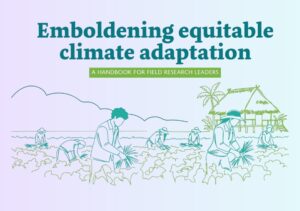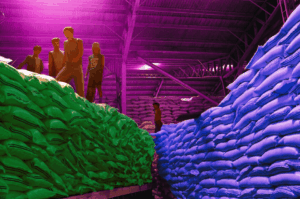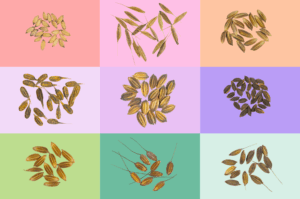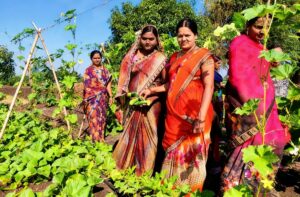The Punjab Government banned 10 pesticides used by farmers on basmati for two months to avoid problems in the export market.
Agriculture experts say the said the pesticides are associated with residues higher than acceptable levels.
Some are calling for the total ban of the said agrochemical products
Read the story @The Times of India
More on safer rice production:
The SRP in Thailand: Better grain quality, higher incomes, lower production costs, and increased productivity
Thailand’s Rice Department, Better Rice Initiative Asia Thailand, OLAM International, and Bayer Thai Co. Ltd. initiated pilot testing for the Sustainable Rice Platform (SRP) standard with farmer groups in Ubon Ratchathani Province in the northeast of the country. During pilot testing, farmers received benefits, including free training from experts, helping them to produce more sustainable rice, which will create a massive impact within the region. Moreover, the paddies have better grain quality since the farmers received close advisory support from the experts, including facilitating the organization of a harvesting plan with certain service providers for harvesting.
The SRP in the Philippines: “We now know that we are eating safe rice”
In the 2016 wet season, SRP-trained agricultural extension workers, farmer technicians, Better Rice Initiative Asia coordinators, and staff from the Department of Agriculture-Regional Field Office in Region 6 monitored the participating farmers in four municipalities from April to September. The monitoring gauges whether farmers’ practices are sustainable based on the SRP standard.
The SRP in Vietnam: A promising solution for farmers and rice
The Loc Troi Group, a leading provider of agricultural services and products in Vietnam, has been organizing annual rice production on hundreds of thousands of hectares in Vietnam. The company invests in agricultural inputs, transfers technology to smallholder farmers, and buys and processes rice for export under Hat Ngoc Troi’s corporate brand. It believes that sustainable agricultural practices on-farm and throughout its rice-production value chain, including reducing greenhouse gas emissions and mitigating the effects of climate change, are vital factors in building its rice brand.










